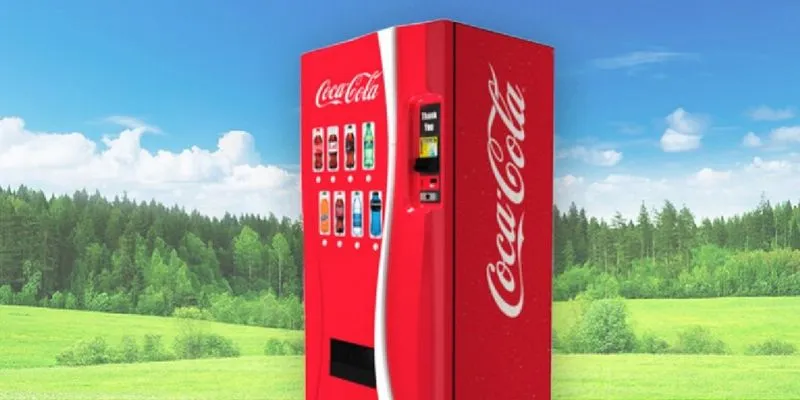By Joseh Ekeng
Coca-Cola markets and sells its brands in over 200 countries, but despite being one of the most recognised brand names in the world, it continues to closely monitor market trends to stay ahead of competition.
In recent times, one of the brand’s innovative responses to changing market landscape and consumer preferences has been the reinvention of the fountain beverage machine. The machine, which was originally created in 2009 as a functional drinks dispenser, has now become a vital part of the company’s marketing strategy. Coca-Cola has recently unveiled the newest version of the machine, Coca-Cola Freestyle 9100. It is fitted with optical and motion sensors, Bluetooth technology, real-time cloud connectivity and most importantly, artificial intelligence.
Speaking about the development, Coca-Cola Global director, Greg Chambers said, “Artificial intelligence is the foundation for everything we do. We create intelligent experiences. Artificial intelligence is the kernel that powers that experience.”.
Using the data collected from the machine, the soft drink giant has been able to improve its products and user experience.”
According to Chambers, each individual machine conducts real-time analysis of consumer data, responding in various helpful ways to improve customer experiences. With the AI algorithm, Coca Cola can use their machine to promote unique, bespoke beverages and trending flavors in relation to their consumers.
AI also allows these machines to adjust to the “mood” of their environment. In gyms for example, the display screen will focus on performance-based sodas, the promotion of water and healthier beverages. Machines in shopping malls will display lively, colorful, trending sodas, and hospital machines will appear more functional.
Globally, Coca-Cola has installed over 50,000 machines, serving over 14 million, 8-ounce servings of drink per day, creating a gargantuan amount of actionable data. Using data collected from the machine, Coca Cola has developed new products and flavors to satisfy consumer preferences.
In 2017, consumer data from the Freestyle machines displayed considerable consumption levels of Sprite and Cherry flavours.
As a result, Coca-Cola released Sprite Cherry and Sprite Cherry Zero products in stores. It was the first permanent product to come out of the Freestyle machine data.
Coca-Cola believes the element of choice and customization is here to stay, contrary to the one-time fad belief. In February 2019 they released a new mélange of classics in the form of Orange Vanilla Coke and Orange Vanilla Coke Zero. This was the first new Coca-Cola product to be innovated in almost a decade and is also suspected to be a creation of AI.
In light of growing awareness on health and wellness, and increasing sales of diet beverages, the Freestyle 9100 was also adapted to include 117 low calorie/ no-calorie options and 130 no-caffeine options.
Before the Freestyle machines were used, Coca-Cola offered a caffeine-free diet coke in less than 1% of dispensers in the US. After being installed data showed caffeine-free diet coke was in fact in their top five dispensed drinks during the afternoon.
What’s more, the new dispenser also invites customers to download a ‘pre-order app’ allowing them to create drink mixes prior to collecting orders.
The strategy appeals to Gen Z and Millennials in response to the rising use of smartphones and tech-savvy consumers. The app is suspected to produce more accurate decision-making data since customers have more time to make their choices.






Comment
No comments found.